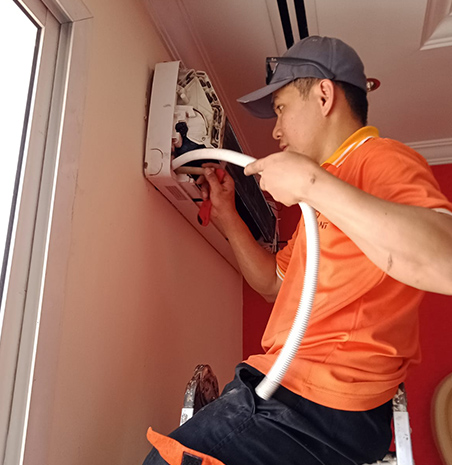When you notice water leaking from your air conditioning (AC) unit, it can be concerning and raise questions about whether it constitutes an emergency. While every situation is unique, there are some factors to consider when determining the severity of a leaking AC unit. Find here valuable info about emergency AC repair Dubai.
Amount of leakage:
The amount of water leaking from your AC unit can help gauge the urgency of the situation. A small amount of water condensation around the unit is typically normal, especially in humid climates. However, if you observe a significant amount of water pooling or continuous dripping, it could indicate a more serious issue.
Duration of the leak:
Consider how long the AC unit has been leaking. If the leakage has only recently started, it may not be an immediate emergency. However, if the leakage has been ongoing or progressively worsening for an extended period, it suggests a more critical problem that should be addressed promptly.
Location of the leak:
The location of the leak can provide insights into the severity of the situation. If the water is leaking from the condensate drain or the drain pan, it could be a sign of a clogged drain or a malfunctioning condensate pump. While these issues may require attention, they might not necessarily be emergencies. On the other hand, if the water is leaking from the electrical components or the air handler unit, it could pose a higher risk and should be treated as an emergency.
Impact on electrical systems:
If the leaking water comes into contact with electrical components, it can create a hazardous situation. Water and electricity are a dangerous combination that can lead to electrical shock or damage to the AC unit. If you notice water near electrical components or if the leaking water is causing electrical malfunctions, it is essential to treat it as an emergency and immediately shut off the power to the AC unit.
Damage to the surrounding area:
Assess the extent of damage caused by the leaking water. If the water is seeping into walls, floors, or ceilings, it can lead to structural damage, mold growth, or other significant issues. Any significant damage or potential for further damage should be addressed urgently.
